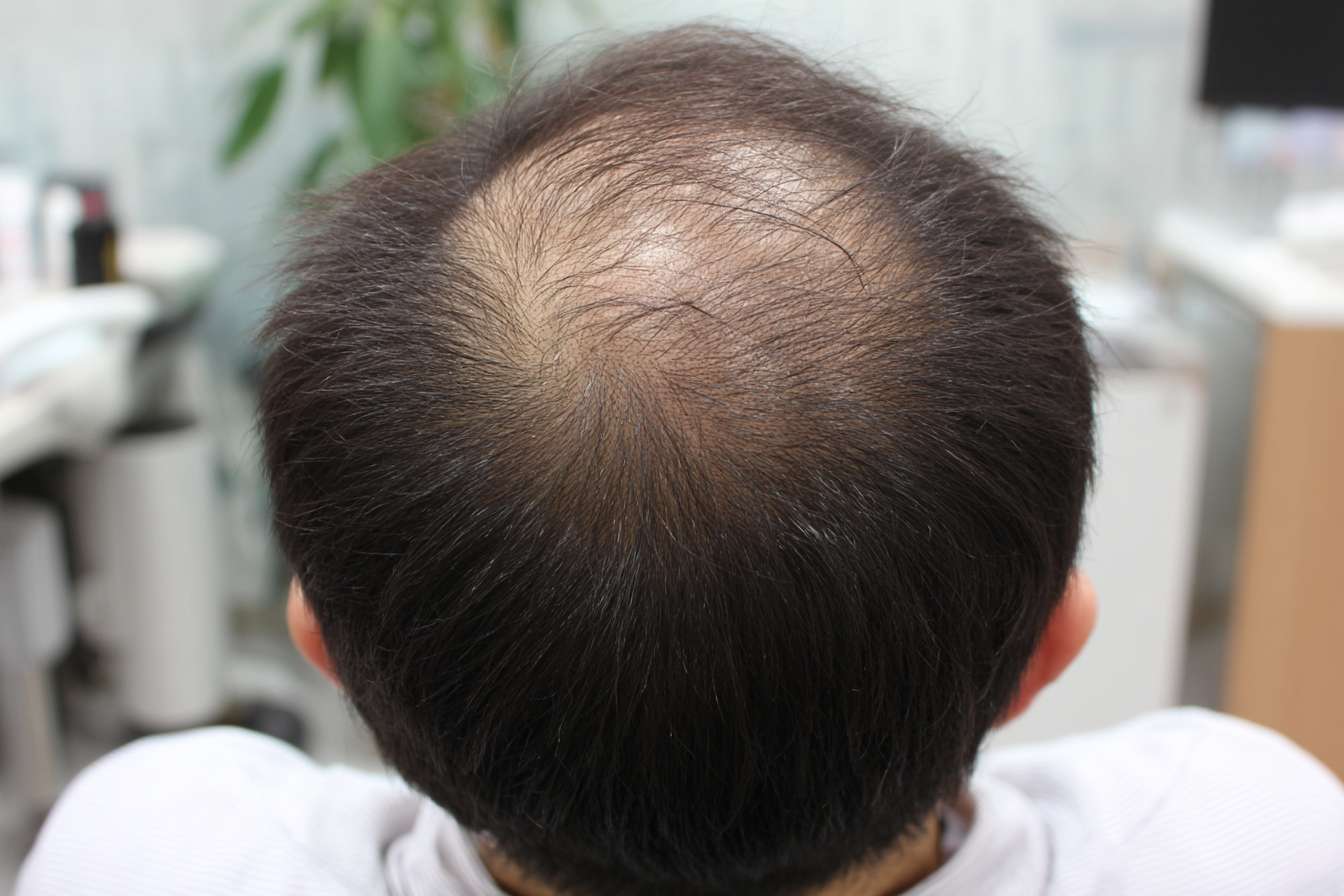Understanding Scalp Psoriasis: Symptoms, Appearance, and Care
Scalp psoriasis affects millions of people worldwide, causing red, scaly patches on the scalp that can be both uncomfortable and concerning. This chronic autoimmune condition manifests differently from person to person, with symptoms ranging from mild flaking to thick, crusted plaques that extend beyond the hairline. Understanding what scalp psoriasis looks like and recognizing effective approaches can help individuals manage this condition more successfully and improve their quality of life.

Scalp psoriasis represents one of the most common forms of psoriasis, affecting approximately 45-56% of people diagnosed with this autoimmune skin condition. Unlike simple dandruff or seborrheic dermatitis, scalp psoriasis creates distinct symptoms that require specialized understanding and care approaches.
What Does Scalp Psoriasis Look Like
Scalp psoriasis presents as raised, reddish patches covered with silvery-white scales. These plaques typically appear thicker and more defined than regular dandruff, often extending beyond the hairline onto the forehead, neck, and behind the ears. The affected areas may feel tender, itchy, or burning, and the scales tend to be larger and more adherent to the scalp than typical flaking. Hair loss can occur in severe cases, though it’s usually temporary once the condition is properly managed.
What Does Psoriasis Look Like in Different Stages
Psoriasis appearance varies significantly depending on the severity and stage of the condition. Mild cases may show light scaling and slight redness, resembling severe dandruff. Moderate psoriasis creates more pronounced red patches with thicker, more visible scales that may cause noticeable itching. Severe cases develop thick, crusted plaques that can cover large portions of the scalp, potentially causing temporary hair thinning in affected areas. The condition often appears in cycles, with periods of improvement followed by flare-ups.
Best Treatment Approaches for Head Psoriasis in Seniors
Seniors managing head psoriasis often require gentler, more consistent care approaches due to potentially sensitive skin and other health considerations. Medicated shampoos containing coal tar, salicylic acid, or zinc pyrithione can provide effective daily management. Topical corticosteroids prescribed by dermatologists offer targeted relief for more persistent symptoms. Many seniors benefit from moisturizing treatments and gentle scalp massage to improve circulation and reduce scaling. Regular dermatological monitoring becomes particularly important for older adults to adjust care strategies as needed.
Professional Care Options and Considerations
Dermatological care for scalp psoriasis typically involves comprehensive evaluation and personalized approaches. Healthcare providers may recommend prescription medications, light therapy, or systemic treatments for severe cases. Many dermatology practices offer specialized scalp psoriasis clinics with experienced professionals who understand the unique challenges of this condition.
| Provider Type | Services Offered | Key Features |
|---|---|---|
| Dermatology Clinics | Prescription treatments, light therapy | Specialized expertise, comprehensive care |
| Primary Care Physicians | Initial diagnosis, basic treatments | Accessible, coordinated with other health needs |
| Specialized Scalp Centers | Advanced treatments, clinical trials | Cutting-edge options, research participation |
Managing Symptoms and Daily Care
Effective scalp psoriasis management involves consistent daily routines and lifestyle adjustments. Gentle shampooing with appropriate medicated products helps remove scales without irritating the scalp. Avoiding harsh chemicals, excessive heat styling, and tight hairstyles reduces potential triggers. Stress management, adequate sleep, and maintaining overall health support the immune system and may help reduce flare-ups. Many individuals find that keeping a symptom diary helps identify personal triggers and effective management strategies.
Long-term Outlook and Lifestyle Adaptations
Scalp psoriasis is a chronic condition that requires ongoing management rather than a one-time cure. Most people can achieve significant symptom control with appropriate care approaches and lifestyle adjustments. Regular follow-up with healthcare providers ensures that management strategies remain effective as the condition evolves. Many individuals successfully manage scalp psoriasis while maintaining active, fulfilling lives through consistent care routines and professional guidance.
This article is for informational purposes only and should not be considered medical advice. Please consult a qualified healthcare professional for personalized guidance and treatment.




